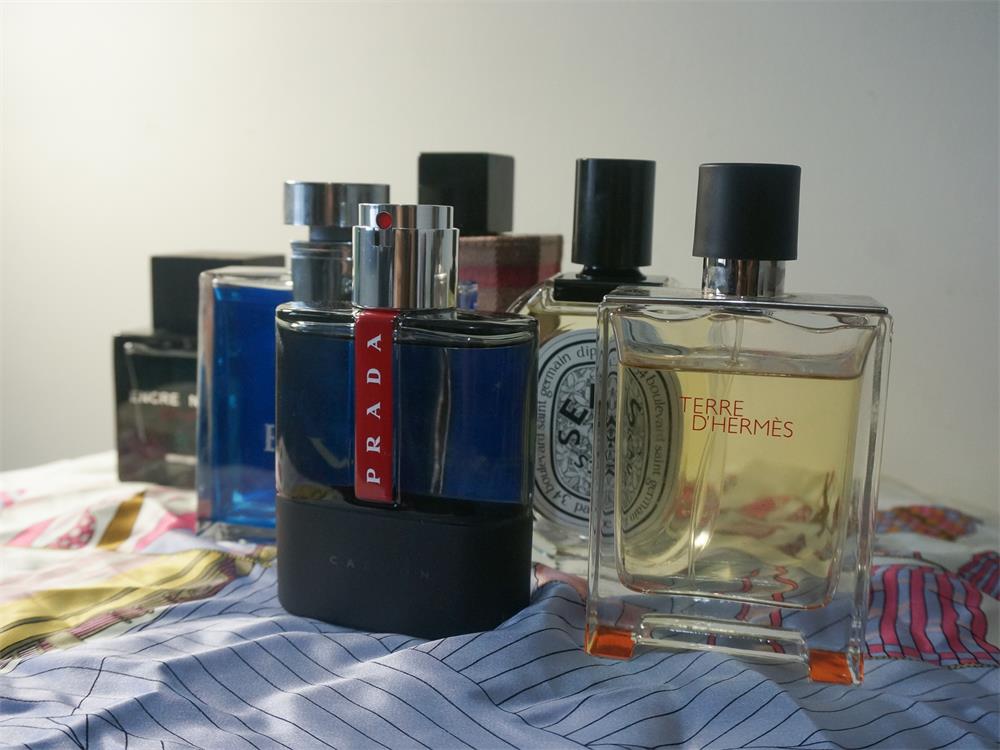Contents
If you are a fragrance lover, you might have noticed that there are different types of fragrances available in the market, such as perfume, eau de parfum, eau de toilette, eau de cologne, and eau fraiche. But what do these terms mean and how do they affect the scent, longevity, and price of the fragrance? In this article, we will focus on the two most common and popular types of fragrances: perfume and eau de parfum. We will explain the differences between them and help you choose the best one for your preferences and needs.
What is perfume?
Perfume, also known as parfum or extrait de parfum, is the most concentrated and purest form of fragrance. It contains the highest percentage of fragrance oils, usually between 20% to 30%, and the lowest amount of alcohol, usually between 5% to 10%. Perfume is the most expensive type of fragrance because it uses the finest and rarest ingredients and requires a lot of skill and time to create. Perfume is also the longest-lasting type of fragrance, as it can last up to 8 hours or more on the skin.
What is eau de parfum?
Eau de parfum, also known as EDP, is a diluted version of perfume. It contains a lower percentage of fragrance oils, usually between 15% to 20%, and a higher amount of alcohol, usually between 15% to 20%. Eau de parfum is less expensive than perfume but still more expensive than other types of fragrances. Eau de parfum is also less long-lasting than perfume, as it can last up to 4 to 6 hours on the skin.
What are the benefits and drawbacks of perfume and eau de parfum?
Both perfume and eau de parfum have their own advantages and disadvantages, depending on your personal preferences and needs. Here are some of them:
- Perfume has a richer, deeper, and more complex scent than eau de parfum. It can reveal different layers of notes as it evolves on the skin over time. Perfume is also more suitable for special occasions, as it can make a lasting impression and create a unique signature scent.
- However, perfume can also be overpowering, overwhelming, or even offensive to some people, especially if applied too much or in inappropriate situations. Perfume can also cause allergic reactions or irritations to some people who are sensitive to certain ingredients or alcohol. Perfume is also more difficult to find and purchase, as it is often limited in stock or exclusive to certain brands or stores.
- Eau de parfum has a lighter, fresher, and more versatile scent than perfume. It can suit different moods, seasons, and occasions, as it is easier to layer and mix with other fragrances. Eau de parfum is also more accessible and affordable than perfume, as it is widely available in various brands, sizes, and prices.
- However, eau de parfum can also be less distinctive, memorable, or satisfying than perfume. It can fade away faster or change its scent depending on the skin chemistry or environmental factors. Eau de parfum can also be less consistent or reliable than perfume, as it can vary in quality or concentration depending on the manufacturer or batch.
How to choose between perfume and eau de parfum?
There is no definitive answer to which type of fragrance is better or worse than the other. It all depends on your personal taste, budget, lifestyle, and goals. Here are some factors that you can consider when choosing between perfume and eau de parfum:
- The occasion: If you want to make a statement or celebrate a special event, you might want to opt for perfume. If you want to wear something casual or everyday, you might want to opt for eau de parfum.
- The season: If you live in a cold or dry climate or during winter or fall seasons, you might want to opt for perfume. If you live in a hot or humid climate or during spring or summer seasons, you might want to opt for eau de parfum.
- The skin type: If you have dry or sensitive skin that does not hold fragrance well or reacts badly to alcohol or certain ingredients, you might want to opt for perfume. If you have oily or normal skin that holds fragrance well or does not mind alcohol or certain ingredients, you might want to opt for eau de parfum.
- The preference: If you love intense, complex, and long-lasting scents that showcase your personality and style, you might want to opt for perfume. If you love light, simple, and short-lasting scents that suit your mood and occasion, you might want to opt for eau de parfum.
Conclusion
Perfume and eau de parfum are two different types of fragrances that have their own pros and cons. Perfume is more concentrated, expensive, and long-lasting than eau de parfum, but it can also be more overpowering, irritating, or hard to find. Eau de parfum is more diluted, affordable, and versatile than perfume, but it can also be less distinctive, satisfying, or consistent. The best way to choose between them is to consider your personal factors and preferences, such as the occasion, the season, the skin type, and the preference. You can also try both types of fragrances and see which one works better for you. Ultimately, the choice is yours and there is no right or wrong answer. The most important thing is to enjoy the fragrance that makes you feel happy and confident.
